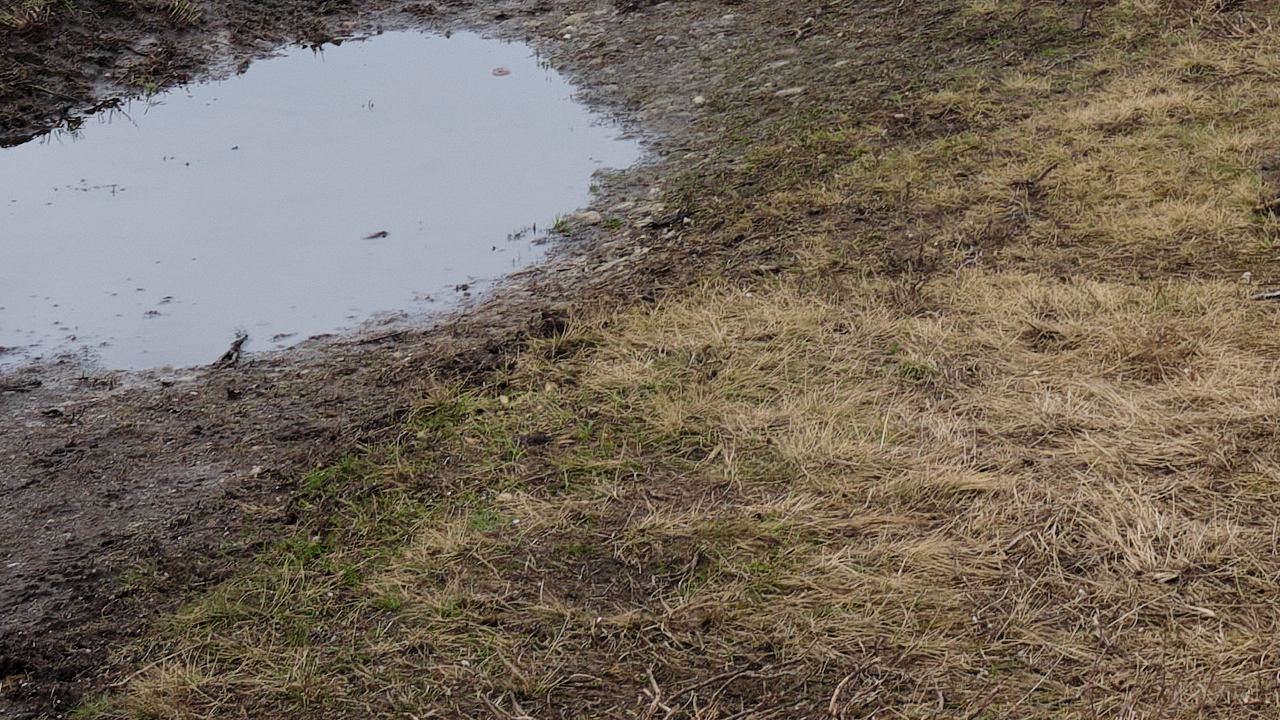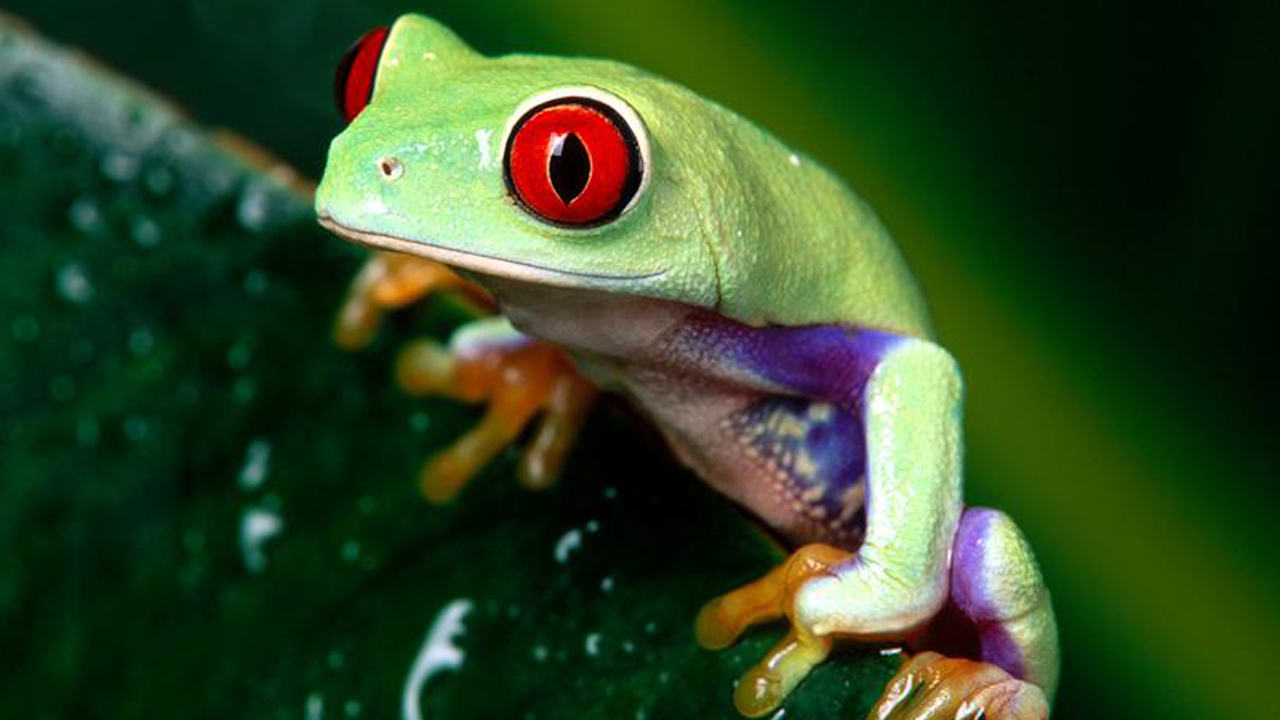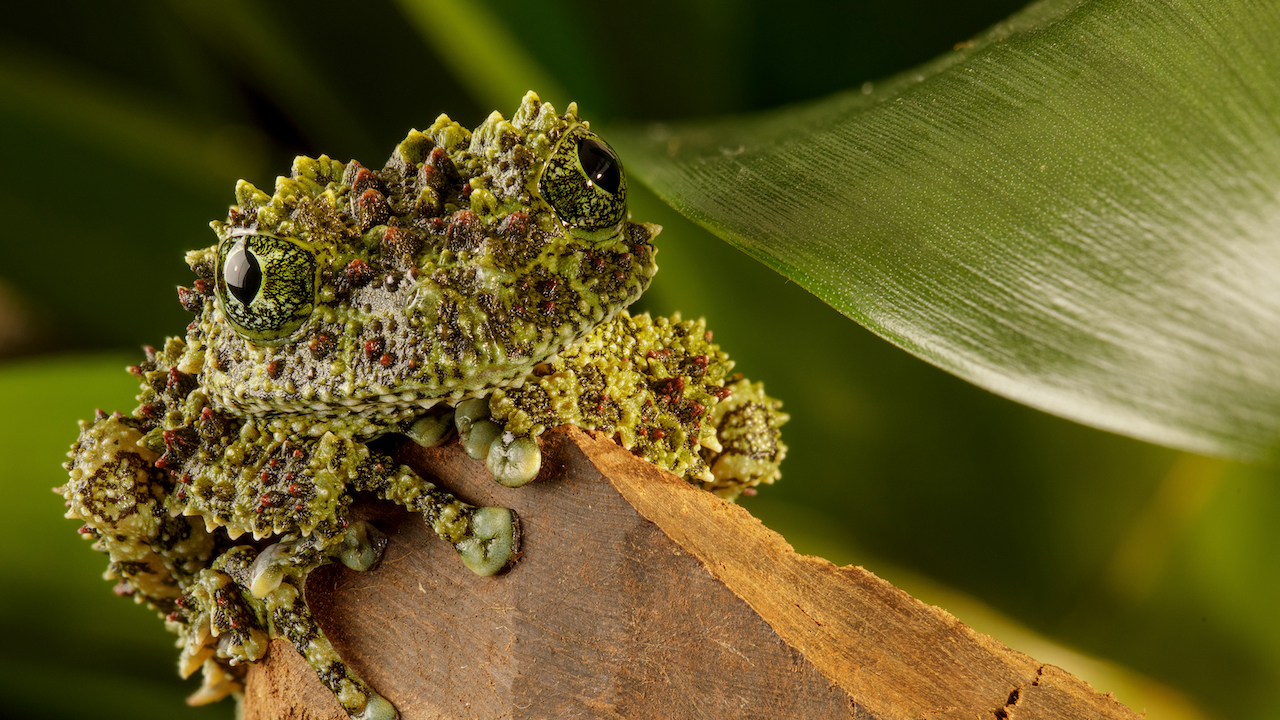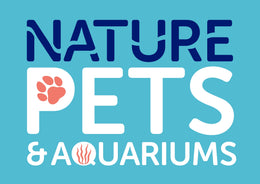Exo Terra Bio Drain Mesh Small 45 x 45cm
Couldn't load pickup availability
BIO DRAIN SMALL
Terrarium Draining Mesh
- Non-toxic non-decomposable liner
- Create a water drainage system
- Separates the Draining Substrate from decorative substrates
- Prevents substrates from contaminating the water
The Exo Terra® Bio Drain Terrarium Draining Mesh is part of the Bio Drain Terrarium Draining System. The non-toxic mesh will keep the underlying Bio Drain Draining Substrate separated from the decorative top-layer substrate. It will prevent substrate particles from contaminating the water while still allowing proper water drainage. In combination with the Bio Drain Substrate you can create water parts and a biological filtration system in the terrarium. The clean terrarium water can then be circulated in Waterfalls, Cascades or Dripping Plants.
How to install Bio Drain:
An example of a layered substrate in the terrarium using the Exo Terra Bio Drain Substrate and Bio Drain Mesh:
1. Place the Natural Terrarium on an even surface and clean the waterproof bottom part.
2. Wash the Bio Drain Terrarium Draining Substrate thoroughly and spread it evenly in the terrarium.
3. Create a water part by removing substrate in the desired location.
4. Cover the Terrarium Draining Substrate with Bio Drain Terrarium Mesh, and separate the water section with moss, bark or rocks…
5. Add a biological substrate like Plantation Soil on the terrestrial (land) area.
6. Plant your live plants, mosses & ferns and cover the top soil layer with leaf litter.
7. Live plants provide shelter, retain moisture and yield nutrients for various organisms but they also absorb ammonium and nitrates in the soil.
8. Add an aquatic substrate like Turtle Pebbles or Riverbed Sand to the water part and add water.
Since both the BioDrain Mesh and Substrate are non-organic, they will not rot or decompose.
Use Turtle Clean (PT1998 or PT1999) to add beneficial organisms to the terrarium water and speed up biological filtration capabilities.
Exo Terra Plantation Soil, Terrarium Moss, Jungle Earth, etc. can be used as decorative top-layer substrate.
For larger terrarium surfaces (e.g. Natural Terrarium PT2613, PT2614 or PT2609) combine multiple pieces of BioDrain Terrarium Draining Mesh.

PREVENTS WATERLOGGING.
Substrates in natural, bioactive terrariums serve many functions and are not only there for decorative purposes. An often underestimated role in the determination of the terrarium's microclimate and bioactivity, is the draining substrate layer. The Exo Terra® Drainage System combines a natural, inorganic bedrock, which allows excellent drainage of the bioactive terrarium, with a non-toxic, non-decomposable, mesh that will keep the underlying Draining Substrate separated from the decorative terrarium top-layer substrate to avoid contaminating the drainage water. With its great draining capabilities, the Exo Terra® Draining Substrate, is one of the key ingredients to establish a harmonized bioactive setup, as it is basically the microhabitat for the cleanup crew in the bioactive terrarium.
FOR A HEALTHIER TERRARIUM.
The Exo Terra® Draining Substrate is an all-natural, non-decomposable, inorganic bedrock, which allows excellent drainage & aeration of bioactive tropical terrariums and paludariums. The Exo Terra® Draining Substrate will not rot or decompose, like other natural substrates, and its porous structure promotes a flourishing population of active, beneficial, nitrifying bacteria, creating a self-sustaining, living terrarium ecosystem. This will allow the clean-up crew to successfully decompose biological waste, keeping the terrarium clean and healthy.


PROMOTES HEALTHY PLANT GROWTH.
By avoiding over-saturation of the top-layer substrate, anaerobic bacteria cannot outcompete the beneficial bacteria, preventing anaerobic bacteria from producing foul odors. The active beneficial bacteria in the biological percolation system, combined with excellent aeration, creates natural moisture gradients in the substrate which allow the clean-up crew (beneficial bacteria, isopods, springtails, earthworms, millipedes and various insects) to thrive and feed on biological matter and waste, basically creating a small, self-sustaining, living terrarium ecosystem.




